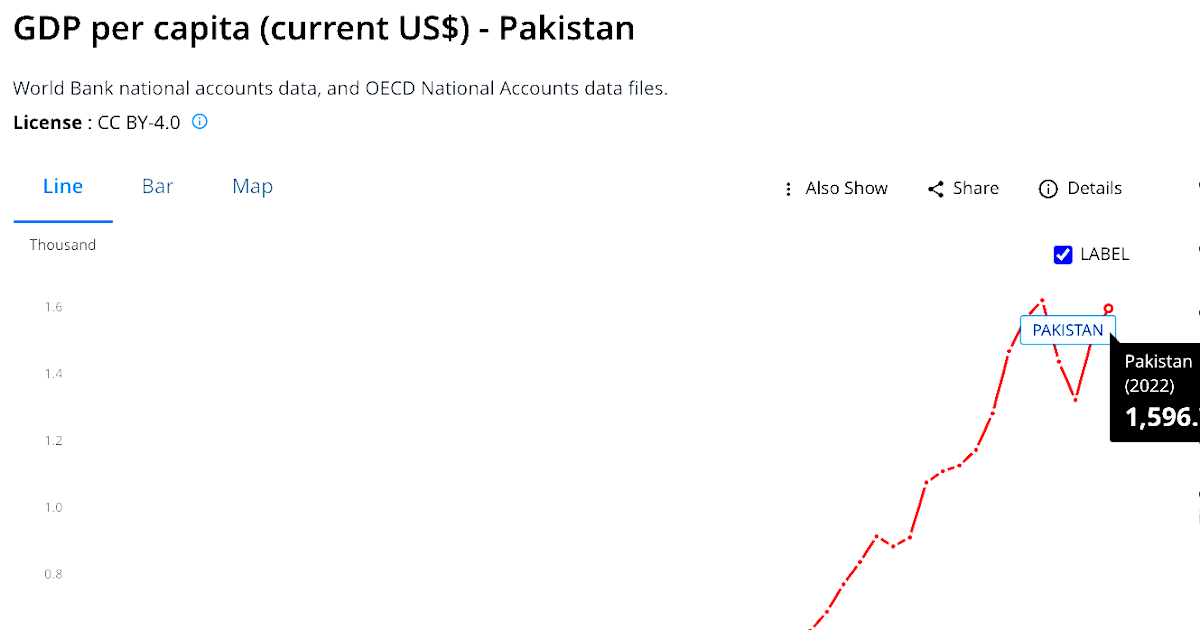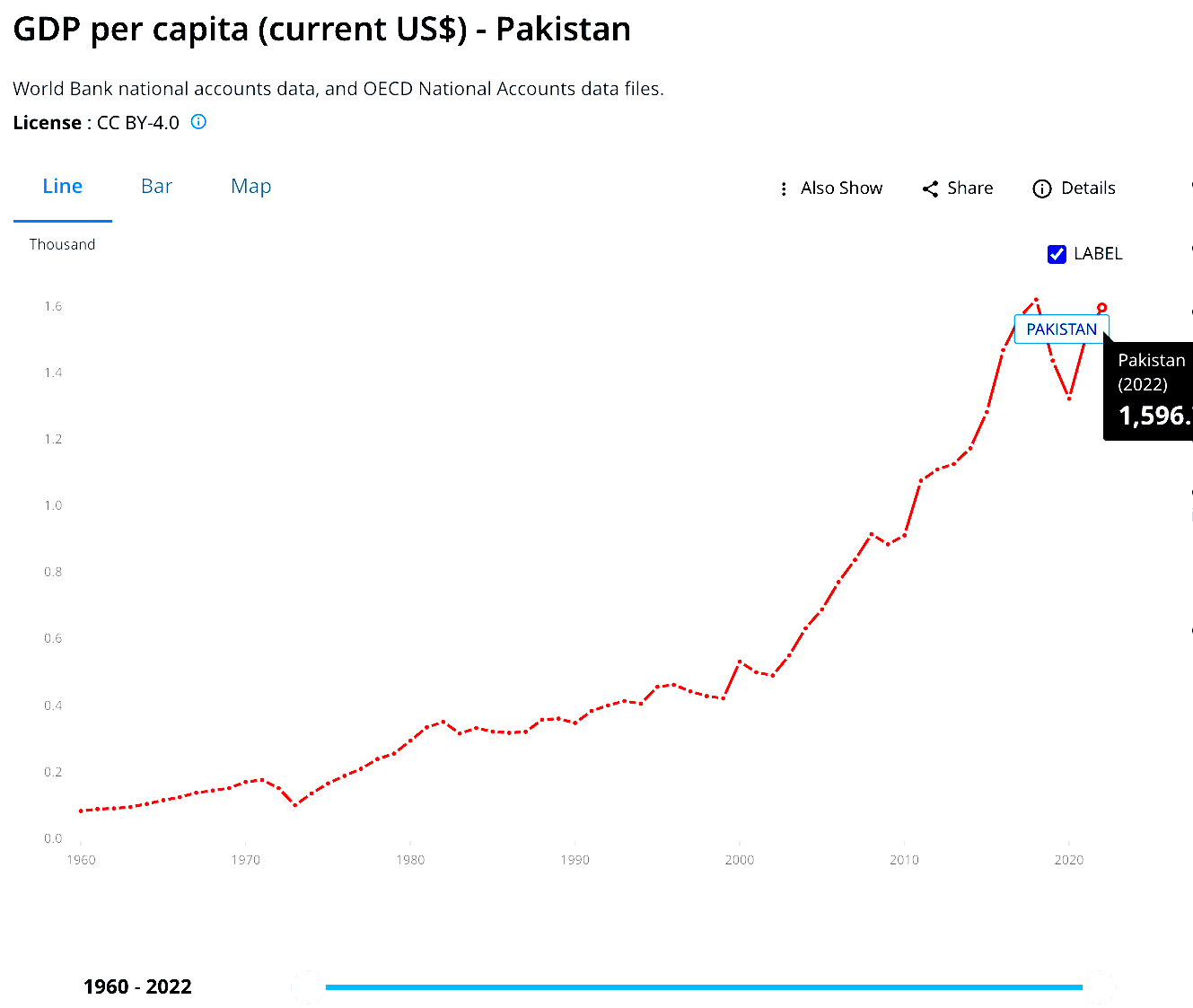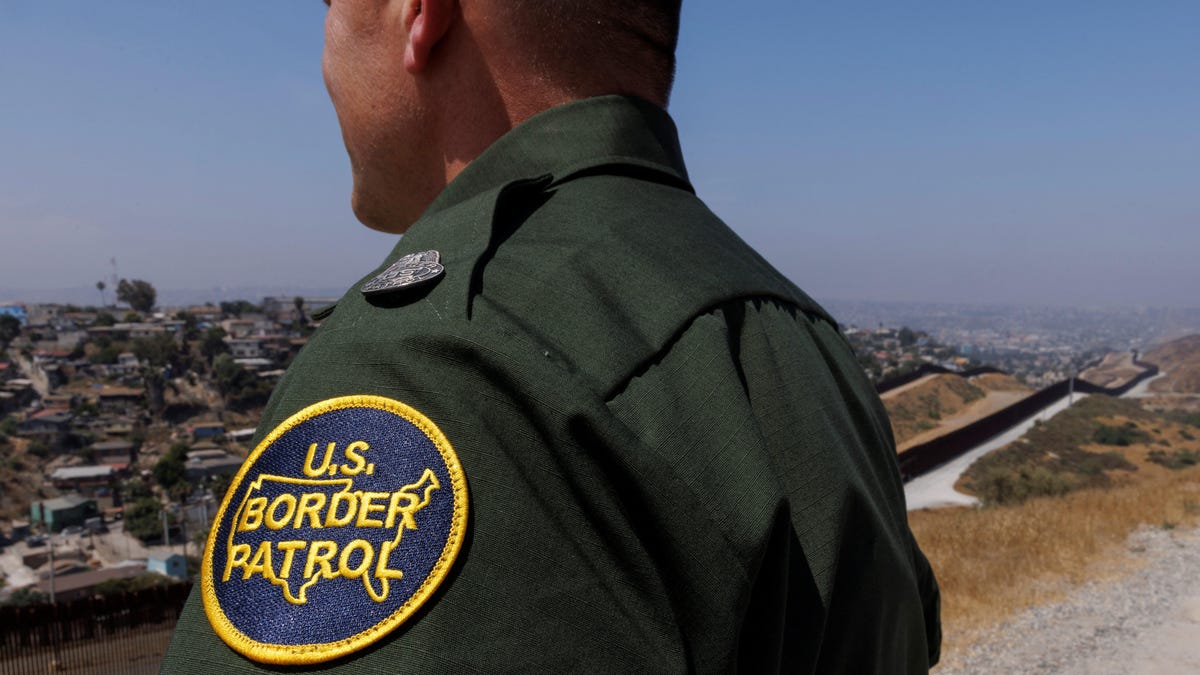
Greece Boat Tragedy: Are Pakistani Migrants Fleeing Hunger and Poverty?
The extensive news coverage of the loss of Pakistani migrants' lives in the recent Greece boat tragedy has linked it to "hunger" in Pakistan...
The extensive news coverage of the loss of Pakistani migrants' lives in the recent Greece boat tragedy has linked it to "hunger" in Pakistan. The essence of these news stories is captured by a quote in a CNN headline: "We'll die of hunger anyway". It is attributed to a young man from the Pakistani town of Gujarat who is unfortunately believed to have drowned in the Mediterranean on his way to Greece. These stories beg the following questions: Is it really true that Pakistani migrants are fleeing hunger and poverty? How can people suffering from hunger afford to pay thousands of dollars to human smugglers to leave for greener pastures?
 |
| Pakistan Per Capita GDP. Source: World BankPakistan's GDP per capita is about $1,600 |
The above questions are answered by two recent studies released by the Center for Global Development as follows: As GDP per capita rises, so do emigration rates. Emigration is seen as an investment as migrants are better-educated and richer than others. A similar 2010 study by the African Development Bank on emigration found that the share of migrants from sub-Saharan Africa remains low despite high levels of hunger and poverty in the region. Pakistan's rates of emigration have been rising along with GDP per capita growth over the last decade. It is currently about $1600 per person, according to the World Bank. Pakistan's latest economic survey reported that the per capita income in US dollar terms fell to $1,568 in FY23 from $1,766 in the previous year and $1,677 in FY21.
Two studies based on research by Michael Clemens and Mariapia Mendola released by the Center for Global Development (CGD) report that those who migrate are not among the world’s poorest. To the contrary, they find that migration is seen as an investment as migrants who are better-educated and richer than others. Here are the key points about migration as reported by the studies:
1. As GDP per capita rises, so do emigration rates. This relationship slows after roughly US$5,000, and reverses after roughly $10,000 (i.e. low- to middle-income, or the level of China or Mexico). Pakistan's current GDP per capita is about $1,600. Pakistan's latest economic survey reported that the per capita income in US dollar terms fell to $1,568 in FY23 from $1,766 in the previous year and $1,677 in FY21
.2. Successful, sustained economic growth in the low-income countries is therefore likely to raise the emigration rate, at least in the short-term. As incomes rise, so too does people’s ability to afford the investments that make migration easier.
3. These new migrants will not be among their countries poorest: in low-income countries, people actively preparing to emigrate have 30 percent higher incomes than the population on average, and 14 percent of these higher incomes come from more years of education.
“The world’s poorest are not the ones who migrate,” said co-author Mariapia Mendola, professor of economics the Università degli Studi di Milano Bicocca and Director of the Poverty and Development Program at Centro Studi Luca d’Agliano in Milan, according to the CGD. “Migration is seen as an investment, just like higher education. You wouldn’t decide not to send your kids to college just because your family is getting wealthier. Similarly, families are not deciding to stay put as their incomes rise. Migration changes lives and economies for the better.”
“This pattern is not new, or something to fear,” Michael Clemens, director of Migration, Displacement, and Humanitarian Policy and senior fellow at CGD, says. “As a poor country gets richer, at first more people emigrate, until the process eventually slows and reverses itself. We’ve seen it with Sweden a century ago and Mexico a half century ago. We’re seeing it now in Central America, and we’ll hopefully see the pattern emerge in sub-Saharan Africa as that region gets richer.”
A similar 2010 study by the African Development Bank on emigration found that the share of emigration from sub-Saharan Africa remains low despite high levels of poverty. Here's an excerpt of it:
"Results show that despite an increase in the absolute number of migrants, Africa, particularly SubSaharan Africa, has one of the lowest rate of emigration in the world .... Poorer countries generally have lower rates of emigration ......Bad socio-economic conditions generally seem to lead to higher rate of emigration by highly skilled individuals. Generally, migration is driven by motives to improve livelihoods with notable evidence of changes in labor market status."
Related Links:
Haq's Musings
South Asia Investor Review
Pakistan is the 7th Largest Source of Migrants in OECD Nations
Pakistani-Americans: Young, Well-educated and Prosperous
Pakistan is the Second Largest Source of Foreign Doctors in US & UK
Pakistan Remittance Soar 30X Since Year 2000
Pakistan's Growing Human Capital
Two Million Pakistanis Entering Job Market Every Year
Pakistan Projected to Be 7th Largest Consumer Market By 2030
Over 800,000 Pakistani Workers Migrated Overseas in 2022
Do South Asian Slums Offer Hope?
How "Illiterate" Are Pakistan's "Illiterate" Cell Phone Users?
Riaz Haq's Youtube Channel
PakAlumni: Pakistani Social Network

Greece Boat Tragedy: Are Pakistani Migrants Fleeing Hunger and Poverty?
The extensive news coverage of the loss of Pakistani migrants' lives in the recent Greece boat tragedy has linked it to "hunger" in Pakistan...














